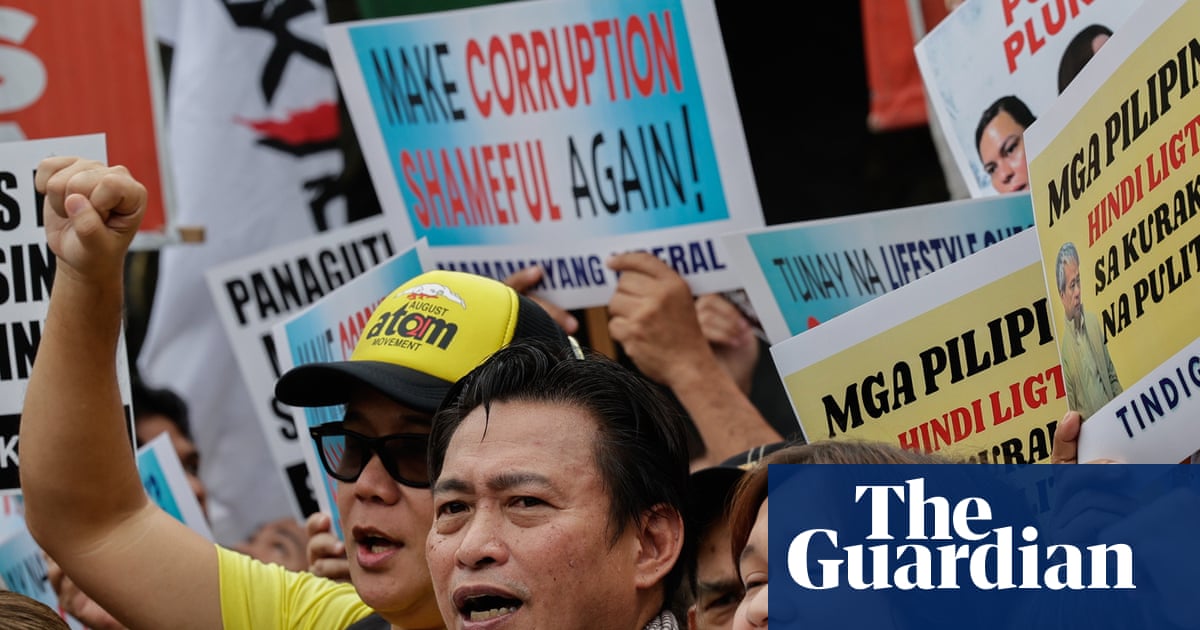A government this young should not look so old. Keir Starmer has not yet celebrated his first anniversary in Downing Street, but the government already moves with the plodding gait of a caretaker administration.
There were painful stumbles at the start. The cut to winter fuel payments for millions of pensioners was announced within a month of the general election. Now, in the face of overwhelming opposition, it has been largely reversed. Meagre savings to the exchequer were procured at an exorbitant price in political capital.
The early display of unsentimental cost-cutting by the chancellor was meant to show that Labour was serious about fiscal discipline. The legacy of Tory mismanagement – a £20bn revenue shortfall – could be cited in mitigation.
Pensioners were never going to relish the confiscation of their entitlements, just as farmers were sure to complain about the loss of inheritance tax perks and businesses were unlikely to thank the chancellor for hiking their national insurance bills. But maybe some slack would be cut to an incoming government that dared to take tough decisions; maybe the memory of terrible Conservative rule was convertible into credit for their successors.
The idea was to advertise Britain, under newly reliable management, as a beacon of orderliness in a chaotic world and a magnet for investment. Prudently rationed public resources would be deployed in ways that stimulate growth – upgrading transport and energy infrastructure; housebuilding. Prosperity would follow, buoying the national mood.
This week’s spending review is meant to be a pivotal moment in the execution of that plan. There will be increases in capital and day-to-day spending by £113bn and £190bn respectively; well in excess of what the Tories had proposed before the election. The very opposite of austerity, the Treasury insists. Rachel Reeves boasts of “national renewal” paid as the dividend of fiscal and political stability.
But Whitehall departments not chosen for munificence face harsh real-terms spending cuts. And the benefit of investment in new trains, homes and power stations won’t be felt for years, decades in some cases.
In a more benign climate, a newish government could make a virtue of policy designed for the long term, not bending every announcement for tactical gain. But that amounts to a plea for national forbearance, urging collective sacrifice in anticipation of future reward. After years of stagnant incomes and rising bills, there isn’t much receptiveness among British voters for yet more deferral of gratification.
Also, the time to get a reliable mandate for that kind of programme was before the election. The fatal flaw in Labour’s economic strategy was overestimating how much goodwill would be available to the party once it had fulfilled its electoral utility as a tool for ousting the Tories.
Keir Starmer won a huge majority by making himself inoffensive to as many people as possible. The campaign started from the premise that Labour loses whenever voters think it is planning a reckless tax-and-spending spree, or suspect that its leader is a leftwing fanatic. Those threats were neutralised with ferocious discipline, but at a cost in clarity about the post-election agenda. Starmer embodied a contradiction – change without upheaval. That was bound to unravel on first contact with the reality of government.
In a bygone era, Reeves’s attempt to deflect blame for painful choices on to the Tory legacy might have been more effective. There was obviously a mess to be cleared up and sometimes voters have long memories. The winter of discontent was brandished in evidence to disqualify Labour from office for more than a decade. Endemic sleaze and callous neglect of the public realm in the 90s did the same for the Conservatives. Their recent reign of disrepute should impose another long period of opposition penance.
It probably will, but not necessarily to Labour’s benefit. The conventional division of allegiance between two main parties is breaking down, perhaps irrevocably. Reform UK regularly leads in opinion polls. In terms of councils controlled, the Liberal Democrats are Great Britain’s second-largest party.
These might be transient trends. It isn’t unprecedented for smaller parties to capitalise on dissatisfaction with the ruling when the main opposition is still discredited and divided after recent ejection from office. In late 1981, the SDP-Liberal Alliance polled at about 50%. In a general election, 18 months later, they won 23 seats.
Reform is not the first party to be led by Nigel Farage and his previous vehicles – Ukip; the Brexit party – didn’t convert their midterm menace into parliamentary seats. But that was when the Conservatives were competitive. In 2019, Farage didn’t even try to rival Boris Johnson, withdrawing more than 300 candidates to make a Tory majority more likely.
There are reasons to think the current fragmentation in party support describes a more durable shift in the structure of British politics. Reform’s ascent, mostly at the expense of the Tories, conforms to an international pattern of populists and nationalists challenging more established rightwing parties and, in the American case, swallowing the old guard whole. The moribund centre-right tradition of English conservatism doesn’t look any closer to resuscitation than the twitching corpse of the pre-Trump Republican party.
Powerful social and cultural trends are driving these changes. They express a depth of frustration and disillusionment that is resistant to appeals from candidates who come across as advocates for continuity of the existing system.
This helps explain Labour’s failure to sustain its status as the nation’s preferred alternative to the Tories almost as soon as the election was over. The campaign foregrounded safety and reassurance, defining change primarily as a switch of personnel at the top. In the absence of a clear agenda for the future, Starmer and Reeves ended up owning everything that is desultory about the present. In an age of endemic mistrust in politics, there was precious little benefit of the doubt to be earned. Almost overnight, Labour became just another load of politicians, sounding the same, doing unpopular stuff and making excuses for why things aren’t getting any better.
That feels unfair to ministers who argue, with justification, that last autumn’s budget and Wednesday’s spending review set Britain on a path that is very different from anything the Tories had in mind. But precious months were wasted where the gap was too hard to discern, when the only visible agenda was painful tinkering with the status quo. The problem is not the trajectory now, but the shallowness of the angle where the lines diverged last July. It is the hesitancy of the steps, the stiff posture, that makes Labour look less like a fresh team with a purposeful stride, more like the familiar retread of a much longer incumbency.
-
Rafael Behr is a Guardian columnist
-
On 9 July, join Pippa Crerar, Rafael Behr, Frances O’Grady and Salma Shah as they look back at one year of the Labour government and plans for the next four years
-
Do you have an opinion on the issues raised in this article? If you would like to submit a response of up to 300 words by email to be considered for publication in our letters section, please click here.

 3 months ago
100
3 months ago
100

















































